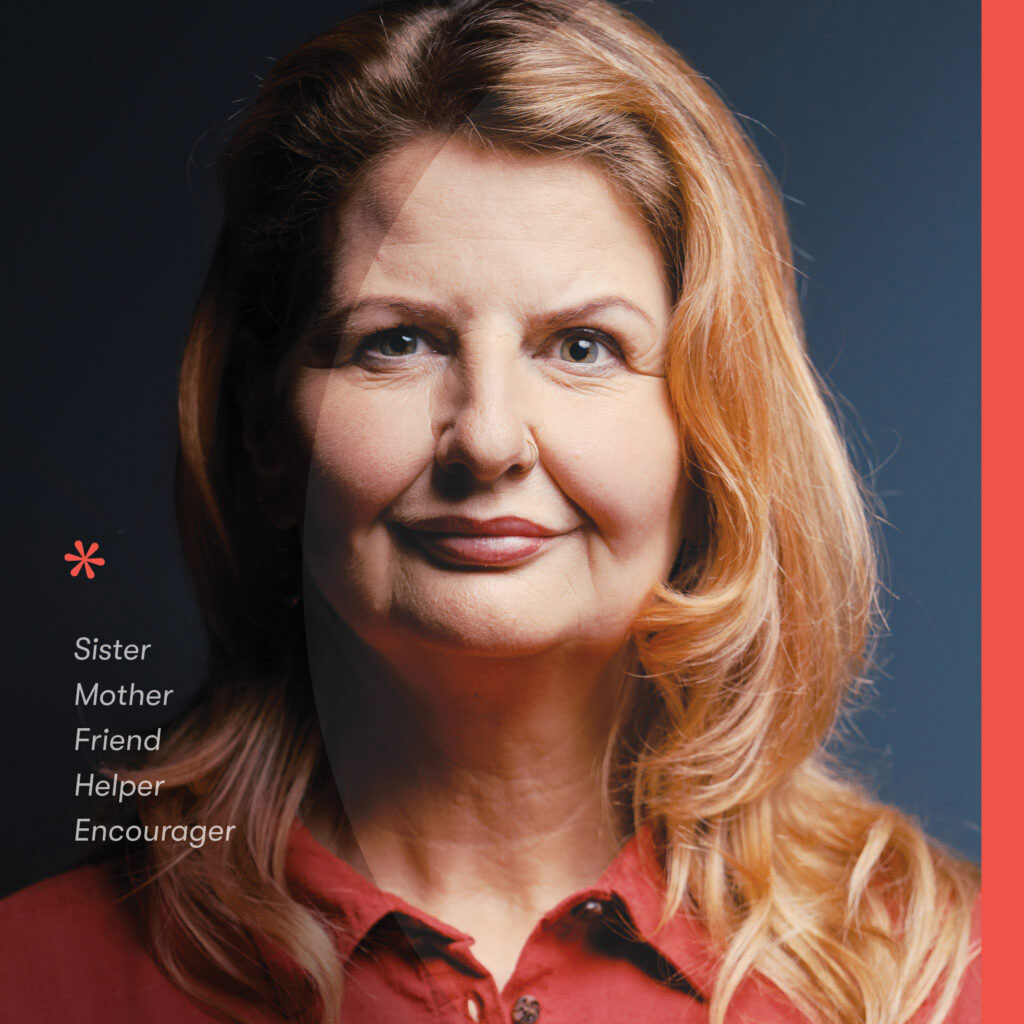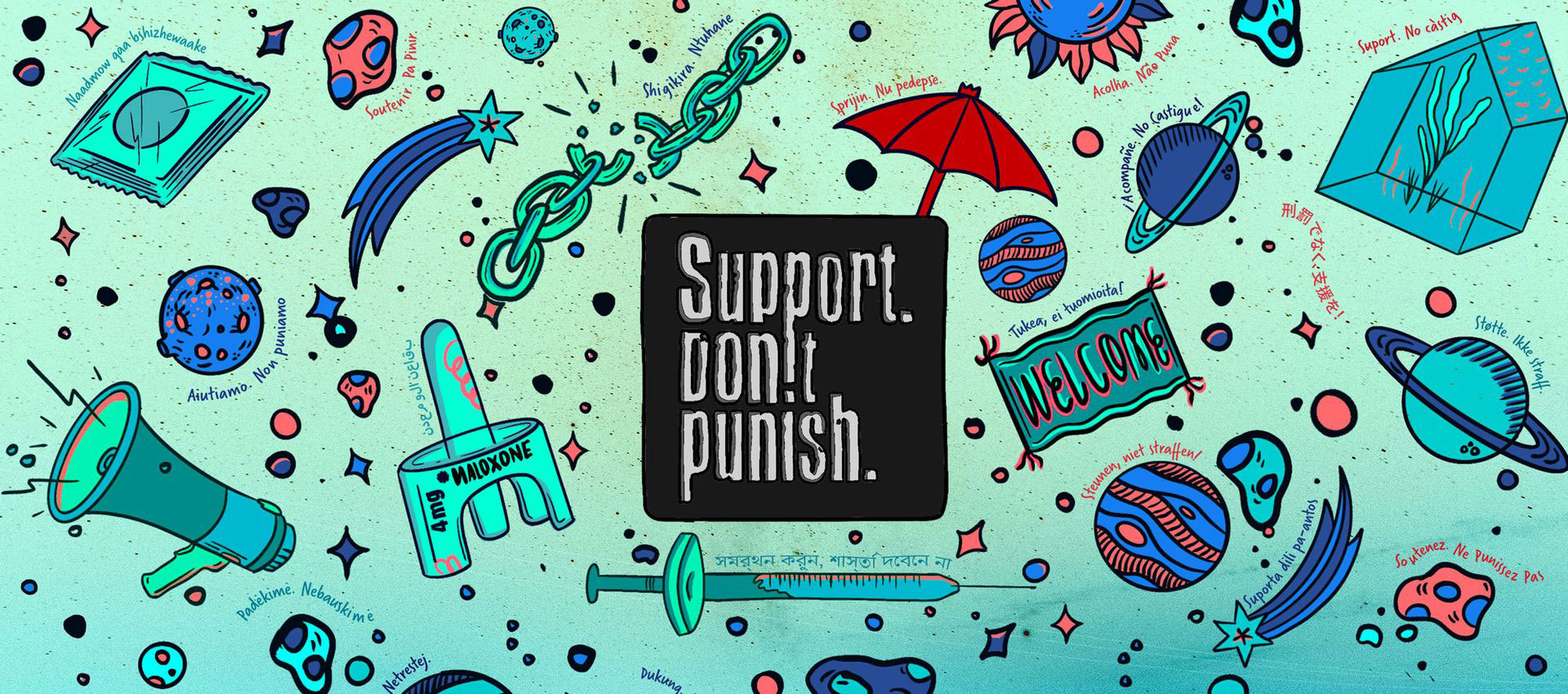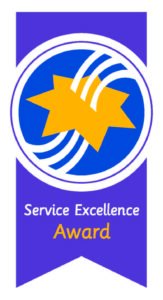Today marks Support. Don’t Punish, a global day of action in support of increased harm reduction and drug policies that prioritise public health and human rights.
The Support. Don’t Punish campaign also calls for drug policies that do not criminalise people who use drugs.
This is why the Alcohol, Tobacco and other Drugs Council Tasmania (ATDC) is today officially releasing the results of a statewide survey that demonstrates the majority of Tasmanians agree.
Sixty nine per cent of respondents to an EMRS survey conducted in February this year said they did not believe possession of cannabis or marijuana for personal use should be a criminal offence.
ATDC chief executive Alison Lai said this community attitude had remained largely unchanged since 2019.
“It is our view – and this has been our position for some time – that an individual’s illicit drug use should be seen first and foremost as a health issue rather than a legal one,” she said.
“The ATDC believes a health response rather than the application of criminal penalties would be much more appropriate for an individual found possessing small quantities of cannabis or marijuana.
“Far too many Tasmanians are appearing in court for what is a health issue, and the system is not responding appropriately.”
Tasmania does not have a current Tasmanian Drug Strategy with the government set to conduct a final round of community consultation on such a strategy very soon.
Ms Lai said that the with the evidence being overwhelmingly in support of change to current illicit drug possession laws it would be bewildering if the strategy did not include reference to exploring decriminalisation of illicit substances in Tasmania.
“We know that the topic of illicit drug use is one that makes the best of our politicians very nervous if asked to talk about it publicly for fear of being seen as soft of drugs,” she said.
“It’s a challenging topic, but there is overwhelming evidence internationally, nationally and now here in Tasmania that we are ready and wanting to move away from a law enforcement approach to health-based response, at least with cannabis or marijuana as the first step.
“The findings indicate that there are relatively low levels of community endorsement of criminal penalties for the possession of small quantities of cannabis for personal use.
“We would caution any decision by government to ignore the evidence, and to disregard the changing community attitudes on this issue and we are expecting to see decriminalisation referenced in the draft Tasmanian Drug Strategy.
“Shifting investment into drug treatment services and education programs and making changes to these laws, will provide tangible benefits to the lives of every-day Tasmanians, where they can feel supported and not punished for their drug use and it is what the community wants government to do.”
In other key findings of the EMRS research conducted this year:
- 38 per cent of respondents to the EMRS survey said “no action” should be taken against anyone found possessing small quantities of cannabis or marijuana.
- 23 per cent said these same people should be referred to “…a treatment of education program”.
Available for interview:
Alison Lai, CEO ATDC – mobile 0450 517 017
Media contact:
Nicolas Turner – mobile 0418 538 865 or nicolas.turner@corcomms.com.au

Tasmanian Alcohol, Tobacco and other Drugs Communications Charter
All aspects of communication, including images, have the power to reduce stigma for people who use alcohol, tobacco and other drugs and their families, and encourage people to seek help when they need it.
Add help-seeking information
Always include help-seeking information alongside any story about alcohol, tobacco or other drugs.
Help and support for alcohol, tobacco or other drugs in Australia (24 hours 7 days a week):
- Alcohol and Drug Information Service – 1800 811 994
- Counselling Online
- Family Drug Support – 1300 368 186
Tasmanian alcohol, tobacco and other drug support services including face-to-face services:

